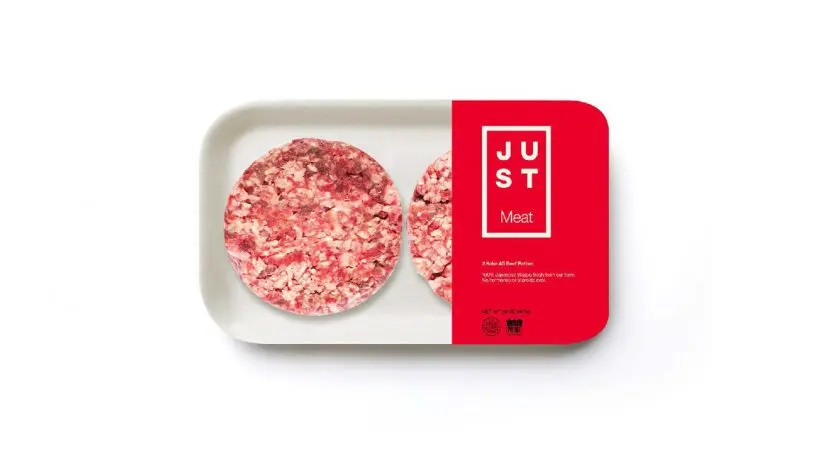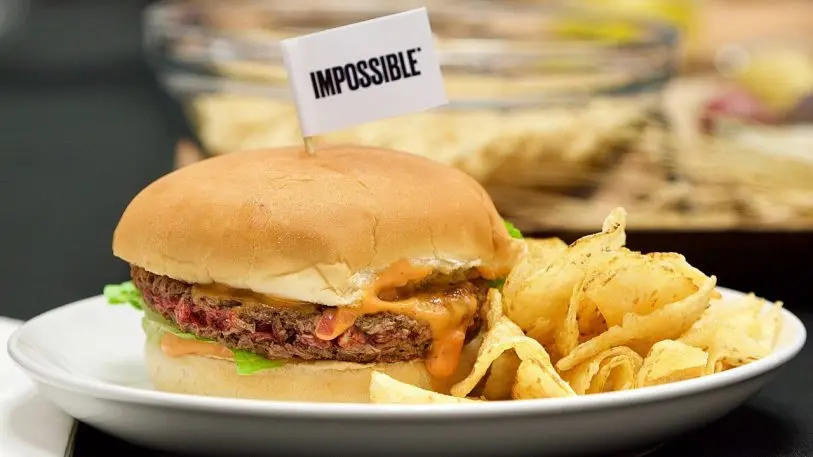At the demo day for Y Combinator’s summer batch of startups, most of the companies are, unsurprisingly, focused on digital tech–like Bot M.D., an AI assistant for doctors working in developing countries, or Shelf Engine, a startup that uses demand forecasting to help grocery stores eliminate waste. But the roster also includes a startup nonprofit that is working to grow the burgeoning market for “clean meat”–animal protein grown in vats from stem cells, so that it can avoid the problems inherent in producing meat from animals.
Good Food Institute, founded two and a half years ago, is working on building that larger ecosystem. It works with universities to recruit young scientists and entrepreneurs to the new field of clean meat. It performed market research to land on the phrase “clean meat” for the industry (rather than “lab-grown meat,” or “cultured meat,” or “animal-free meat”; “clean meat” is meant to contrast with the pollution and antibiotic use in conventional meat production). It lobbies policymakers and meets with traditional meat companies, such as Tyson, to convince them to fund plant-based and clean meat startups. It funds open-source research on plant-based and clean meat, so startups don’t continually repeat the same basic research, and will soon release a startup manual that walks companies through basic steps like how to find lawyers or a contract manufacturer, so founders can focus on their own product and business plan. It has also launched three startups directly itself.

Since it is a nonprofit, YC’s money is a donation, rather than Y Combinator’s model: startup investment in exchange for a stake in a company; GFI is one of three nonprofits in the entire summer batch.”We need more than just founders,” says Alstromer. “We need an entire ecosystem.”

The summer batch of 132 startups includes related companies such as Seattle Food Tech, which is working on a plant-based chicken nugget, Spero Foods, which makes plant-based cheese and eggs, and Cytera CellWorks, which can help labs automate making cell cultures for clean meat. (A fourth company, Mylk Guys, is a vegan grocery delivery startup.)

Y Combinator is seeing the landscape change. “No one was talking about clean meat or anything like this even three or four years ago,” says Alstromer. “Now we’ve seen a very large number of people applying as companies . . . There’s a wave of interest coming right now, and we see that in our applications.”
Recognize your brand’s excellence by applying to this year’s Brands That Matter Awards before the early-rate deadline, May 3.
